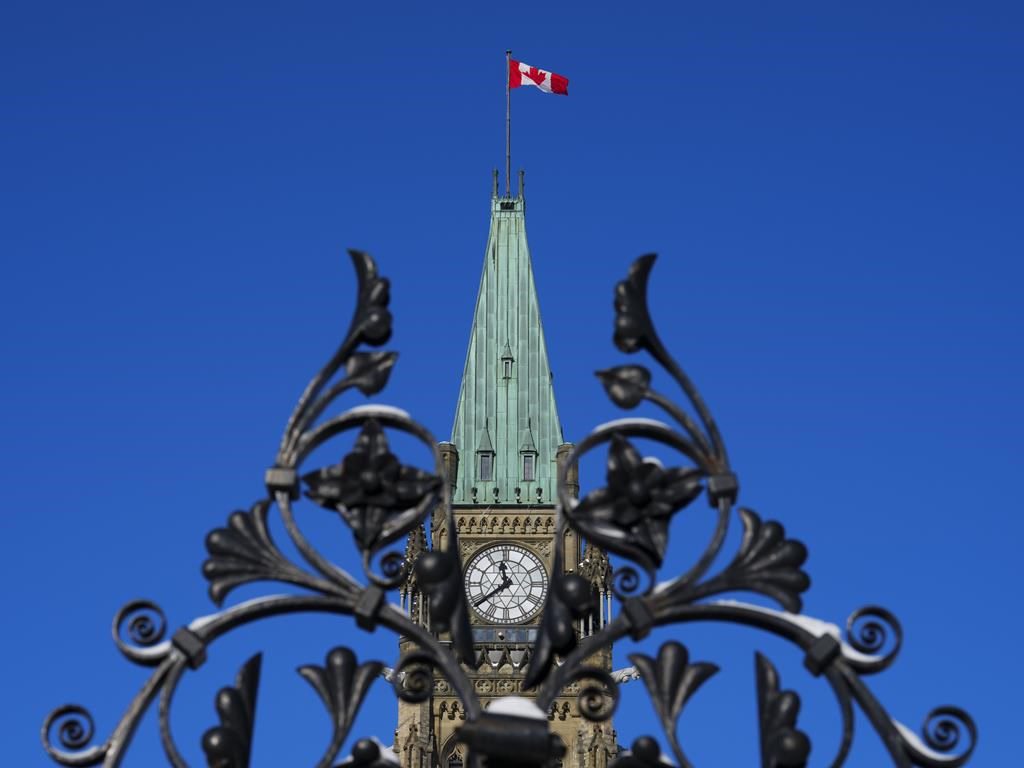Canada to create citizenship path for undocumented immigrants- Globe and Mail
Dec 14 (Reuters) - Canada is planning a "broad and comprehensive program" that would allow many undocumented people to apply for permanent residency, the country's Immigration Minister Marc Miller told The Global and Mail.
The announcement complements Canada's ambitious
immigration targets, which had already aimed to bring in 500,000 immigrants a year by 2025. The country's population has grown mainly through immigration, and this has helped fuel economic growth in recent years.
An estimated 300,000 to 600,000 people are living in the country without valid documents, many of whom risk deportation because they lack formal status, The Global and Mail
quoted Miller as saying.
The new program would also include people who entered the country legally, as temporary workers or international students, and then remained here after their visas expired, the report said.
Miller added that not all those without valid documents will be allowed to apply for permanent residency, including those who have arrived recently in the country.
He plans to submit a proposal to cabinet in the spring on allowing undocumented immigrants to "regularize their status," the report added.
Amid the housing crunch and high inflation, the government last month kept immigration targets unchanged for the next two years and said it would stop ramping up immigration from 2026 onwards.
Canada is targeting 465,000 new residents this year, 485,000 in 2024 before hitting 500,000 in 2025 - a level it aims to maintain in 2026.







